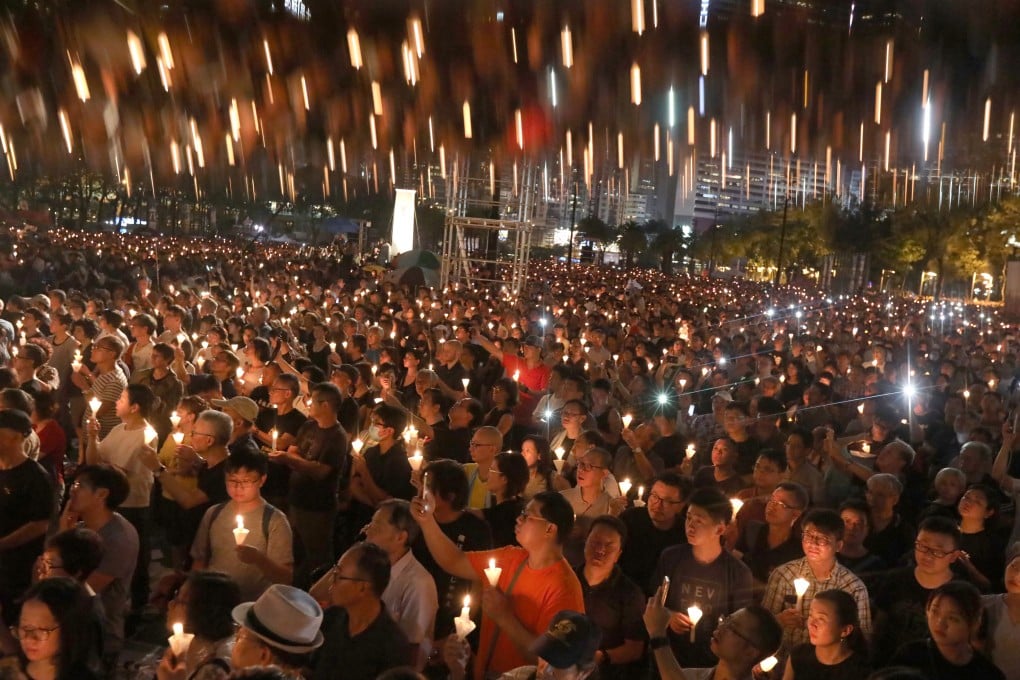Editorial | Door is still open for lawful Hong Kong remembrance of June 4 crackdown
- The days of staging a mass vigil in the city are in the past but this is nevertheless a time for remembrance, reflection and hopes of moving forward

Tuesday’s anniversary of the 1989 Tiananmen crackdown continues to hold deep meaning for many Hong Kong people 35 years on. A candlelight vigil, attended by tens of thousands, marked the occasion for three decades.
The event allowed participants to mourn the young lives lost when student-led protests were crushed in Beijing. It was also one of the best-known symbols of Hong Kong’s enduring freedoms.
But times have changed. Civil unrest in 2019 was followed by Beijing’s passing of a national security law in 2020.
Domestic national security laws were enacted this year. There is no escaping the fact that the political and legal reality is different now.

There has been no vigil for five years. It was banned in 2020 and 2021 on public health grounds during the Covid-19 pandemic.

